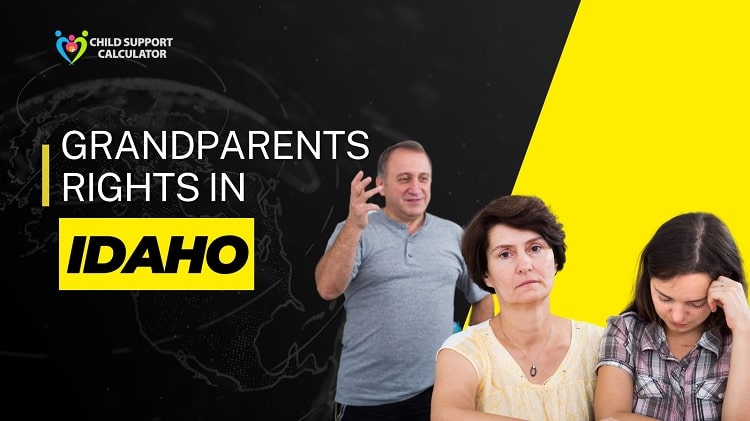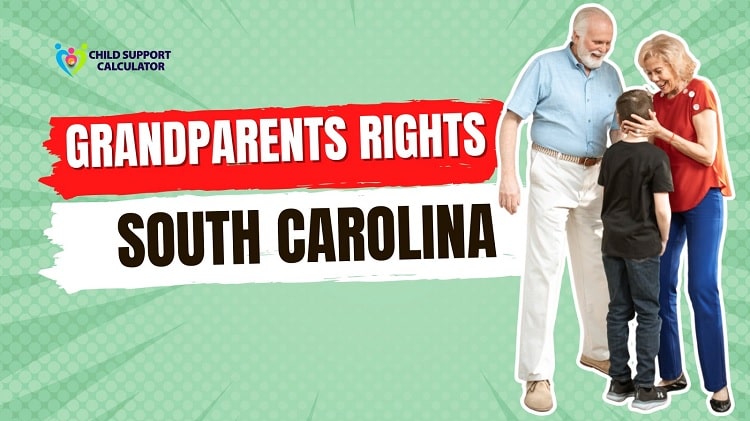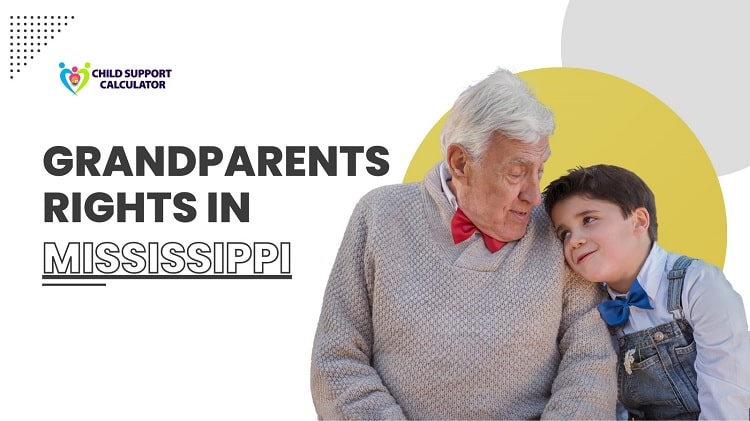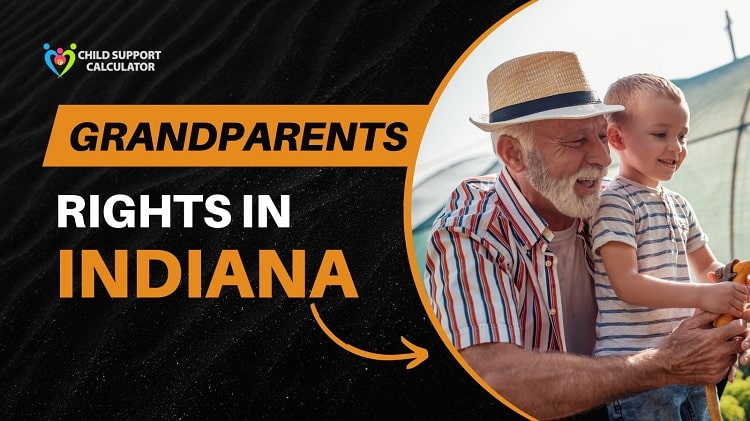Grandparents Rights In Idaho
Like many other states, Idaho has custody statutes that allow a court to assign custody of an underage child to his or her grandparents. Because these laws can often encroach on a child’s biological parent’s basic parental rights, Idaho legislation must suit a compelling interest in protecting the child’s welfare and safety, as well as conform with federal rules.

Suppose the custodial or surviving parent tries to limit their time together. In that case, changes in the family structure, such as divorce, separation, or the death of a parent, can disturb a grandparent’s connection with their grandchild. This article will explain grandparents rights in Idaho.
Grandparent Visitation Rights In Idaho
A grandparent who requests visitation from the court bears the “burden of proof” (i.e., the responsibility to offer sufficient evidence) that the proposed time is in the children’s best interests, taking into account their health, safety, and general welfare.
Unless there is overwhelming evidence to the contrary, an existing grandparent-grandchild relationship can be enough to prove that grandparent contact is in the child’s best interests to get grandparents rights in Idaho.
Your grandchild’s parents, for example, may have a pattern of behavior problems before and after the child spends time with you, or their quarrel with you may create a stressful atmosphere for the child.
Depending on the seriousness and veracity of the opposing parent’s concerns, this type of information may be sufficient to persuade a judge that visitation is not in your grandchild’s best interests, despite your long-standing relationship.
A grandparent’s bond with their grandchildren is one of a kind. However, when a marriage is separated or divorced, the relationship is frequently disturbed as the courts work out a custody arrangement for the parents. A grandparent who has already formed a bond with his or her grandchildren is frequently overlooked in a court order or settlement agreement.
Grandparent Custody Rights In Idaho
During a divorce, the court considers a number of variables to determine the appropriate custody arrangement for a child, including:
- The wishes of the parents
- The wishes of the child
- The relationship between the child and his or her parents, siblings, and other significant people.
- The adjustment of the child to his or her new home, school, and community
- The personalities and situations of all parties involved (mental and physical health).
- The importance of maintaining continuity and stability in a child’s existence
- If you have a history of domestic abuse, tell us about it.
Unless a grandparent wants custody during a divorce proceeding and establishes they have a meaningful relationship with their grandchild and have been functioning as the child’s temporary caretaker, Idaho courts presume custody with a biological or legal parent is in the child’s best interests.
If your grandchild’s parents are divorcing, you can ask for custody through grandparents rights in Idaho if the child has been living with you and you have a close relationship with the youngster. If the natural parents object, the court will weigh the aforementioned reasons in deciding between the opposing requests, focusing on which custodial arrangement is in the child’s best interests.
FAQs
Yes, grandparents in Idaho have the legal right to ask for court-ordered visits with their grandkids. Grandparents can generally attempt to exercise this privilege at any time, including during or after a divorce, separation, and/or the death of either parent.
You must file a “petition” (a formal, written request) in the district court of the child’s home county. You can approach the court to alter (update) or enforce a grandparent visitation order if you desire extra time or the child’s parent is blocking you from visiting.
You have no legal entitlement to see your grandkids. If communication has broken down and we are unable to reach an agreement, you will need to apply to the court for permission to see your grandchildren under a court order.
Parents have a constitutionally protected “fundamental” right to raise their children and choose who they spend time with. If a grandmother can establish that visitation is in the child’s best interests, the court is not obligated to defer to the parents. If you request visitation with your grandchild, the court may accept your request against the parent’s desires if the court determines that continued contact with you is in the kid’s best interests. The court must demonstrate that the parent’s objections were given special consideration.
In Idaho, both grandparents and great-grandparents have visitation privileges. Under Idaho’s grandparent visitation law, great-grandparents can request scheduled time with their great-grandchildren. You’ll need to establish, much like a grandparent, that spending time with you is in the child’s best interests.
You do not need to approach the court for visitation in Idaho if your grandchild’s parents are not married.
No, when the legal parents’ rights are terminated as a result of the adoption in Idaho, these rights are terminated.
In truth, a parent has the constitutional right to say no, barring a court order. If a court order has been granted, the parent must petition the family court to alter or cancel the grandparent visiting order in order to halt the visitation.
A court in Idaho is unlikely to grant custody to a grandparent solely because the grandparent is a better parent or has a better financial means of providing for the child. Grandparents frequently lose custody of their grandchildren to a parent, even if they are poor.
The frequency with which grandparents see their grandchildren is often determined by their geographical location. Local grandparents may see their grandchildren once or twice a week, whereas out-of-state grandparents may travel twice or three times a year to see their grandchildren.







